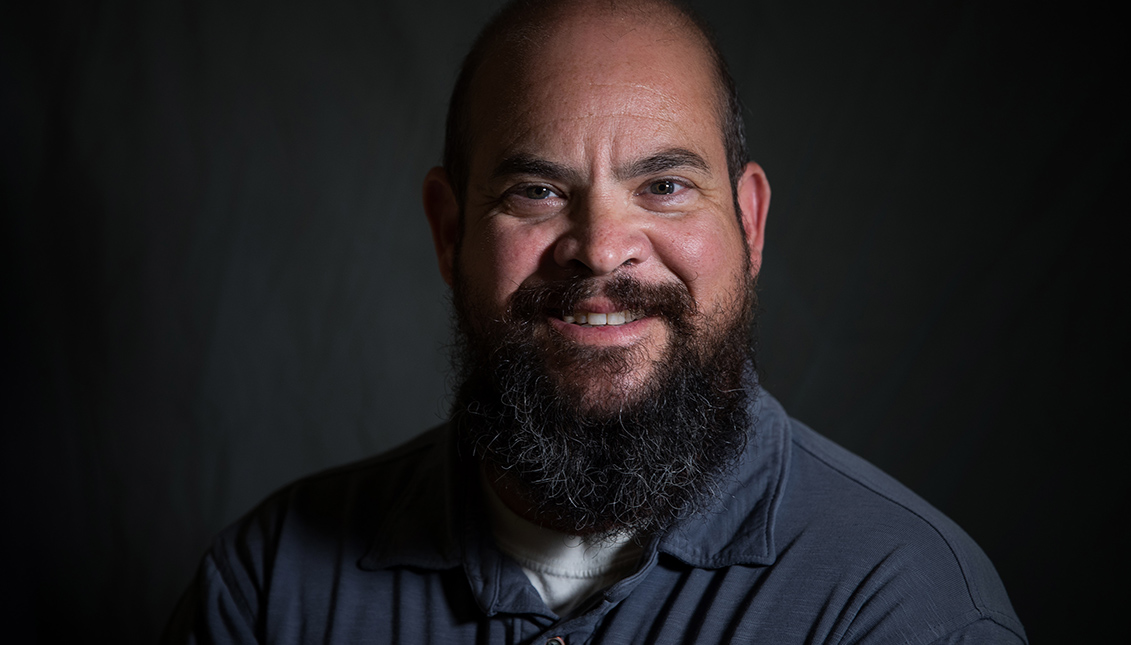
A transgender and Latino soldier in the war against discrimination
Zander Keig has made history by being named NASW Social Worker of the Year.
Last year, President Trump began his crusade against transgender military members with an argument that proves his government's intolerance of minorities of all kinds. Transgender soldiers, Trump claimed, impose huge medical costs on the Defense Department. That way, they could only continue to serve their country if they agreed not to make the transition.
Zander Keig, who has served for years in the Coast Guard, found the move to be bad news. "I served before the DADT [Don't Ask, Don't Tell] during the 'witch-hunt days' as a lesbian — I understand the frustration of not being able to openly serve my country and have my ability questioned," he told Advocate.
The Mexican-American, who was recently named Social Worker of the Year by the National Association of Social Workers (NASW), recognizes, like every soldier, the authority of his commander-in-chief, but still tries to harmonize the chain of command with his fight to end discrimination against transgender people, veterans and the homeless.
"He is a compassionate man and also a strong advocate, especially for communities that are ignored, misunderstood or stigmatized by our society," NASW CEO Angelo McClain said of Keig, adding that the now-activist embodies the spirit and mission of his profession as a social worker and his commitment to others.
Zander Keig worked for three years as a clinical social work case officer for the Navy Medicine West Transgender Care Team at the Naval Medical Center in San Diego. At the time, the nearly 230 members of the service were going through a gender transition and Keig developed a non-discriminatory patient intake process and designed an inclusive counseling plan for them.
RELATED CONTENT
"I was the first member assigned to the Transgender Care Team at Navy Medicine West [NMW] on July 22, 2016," he recalled. "That gave me the opportunity to be instrumental in the establishment, development and operation of the NMW TGCT."
The Latino acknowledged that "there are hundreds of transgender members of the military who are still in active duty and who are undergoing a command approved transition, including approval of hormones and surgeries," even though the new Trump policy has gone into effect.
However, the biggest challenges for trans people, said Keig, are not in the military but in rural areas of the country, where there are still no good medical and psychological health care providers.
"In addition, there is very little recognition of the elderly and transgender pioneers, their contribution to our progress and their fight against a medical and legal system that is much more hostile than the one we face today," he said. "I was fortunate to meet one of those elders and pioneers, Dr. Jamison Green, and he graciously accepted my request for mentoring. That was 14 years ago, and I still draw on his wisdom as I navigate the world as an invisible transgendered man."











LEAVE A COMMENT:
Join the discussion! Leave a comment.